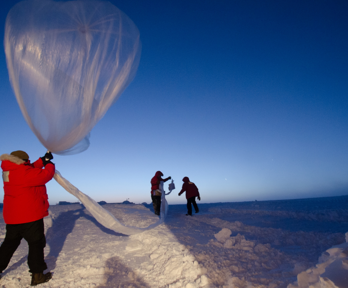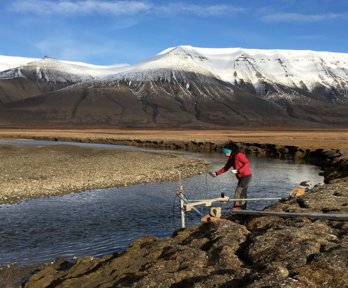
Grants
Our grants programme develops new knowledge and advances geographical science, supporting geographical research in the UK and overseas.
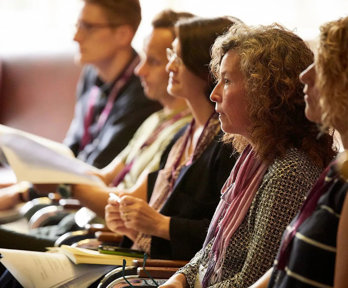
Annual International Conference
The RGS-IBG Annual International Conference regularly attracts over 2,000 geographers from around the world.
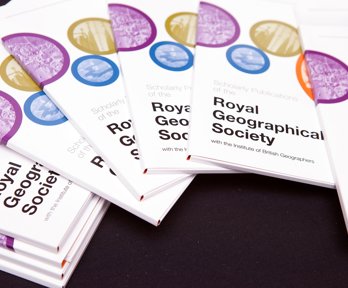
Research publications
Our publications provide a high-quality outlet for the dissemination of research, and sharing of skills across the breadth of the discipline.
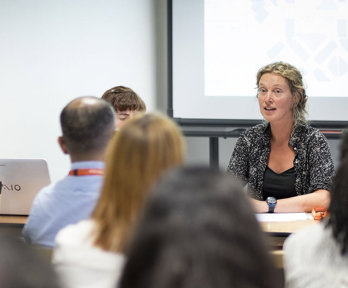
Research Groups
Our Research Groups bring together active researchers and those with a professional interest in a particular aspect of geography and related disciplines.
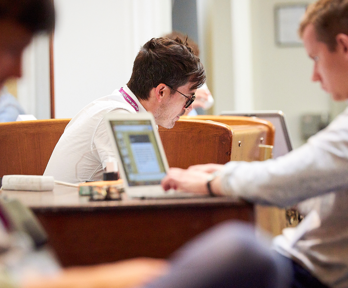
Programme accreditation
Our university geography programme accreditation scheme offers recognition of undergraduate and master's degree programmes.

Student awards and recognition
The Society and its Research Groups offer a variety of awards for outstanding undergraduate and postgraduate research.
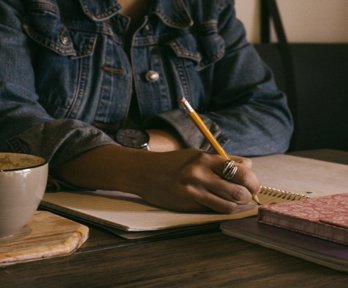
Higher Education resources for geography
Browse resources for higher education providers, both from the Society and other organisations

Research using our Collections
We support and enable research on our Collections and welcome new collaborations and partnerships.
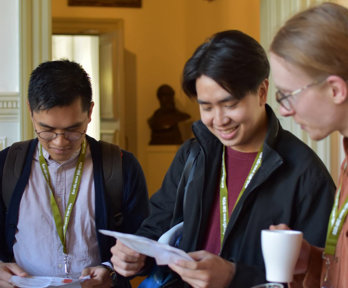
Support for postgraduates
Find out more about our support for current postgraduate students, including networking, advice and resources, and funding and opportunities.
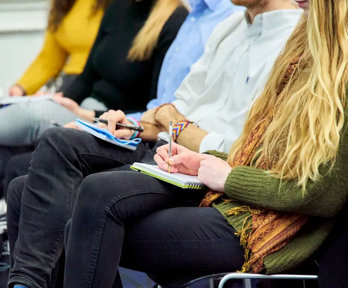
Support for undergraduates
Whether you're a new geography student or about to graduate, we have the resources and advice for you to help you make the most of your degree.
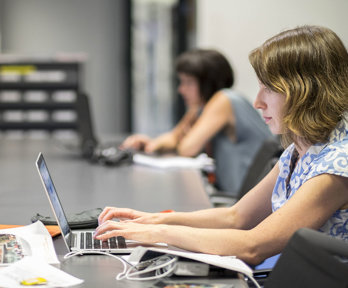
Undergraduate dissertation prizes
Annual undergraduate dissertation prizes awarded by the Society and its Research and Working Groups.

Academic news and updates
The latest news and updates in geography and higher education
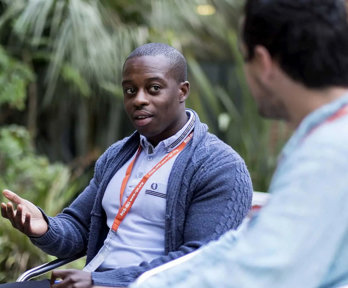
Connect with the Research and Higher Education team
There are many ways to connect with us, receive news and information, or get involved in our work.
